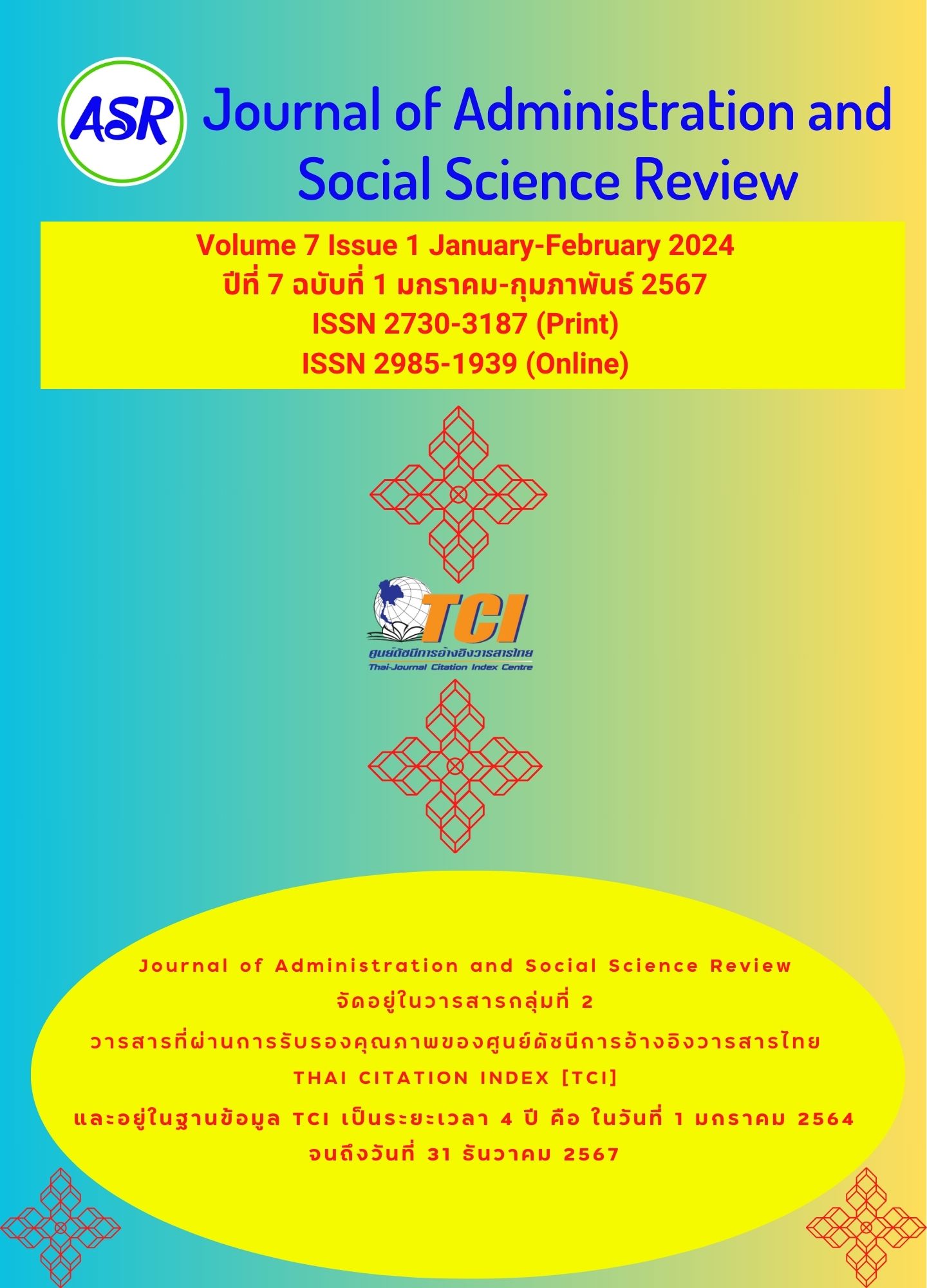Factors Influencing the Food Consumption Behaviors of the Elderly at Bang Toei Subdistrict, Sam Phran District, Nakhon Pathom Province
Keywords:
influencing factors, food consumption behavior, elderly peopleAbstract
The purposes of this research article aim to (1) study the food consumption behaviors of the elderly in Bang Toei Subdistrict, Sam Phran District, Nakhon Pathom Province, and (2) compare the food consumption behavior of the elderly in Bang Toei Subdistrict, Sam Phran District, Nakhon Pathom Province. They were classified by personal status, family characteristics and health, and conditions. The sample group consisted of 300 people. The research instrument was a questionnaire. Statistical tools used in data analysis included frequency, percentage, mean, standard deviation, t-test, F-test (One-Way ANOVA). Scheffe’s method also was utilized for the pair comparisons.
The results of the research showed that the overall food consumption behavior of the elderly according to the five main food groups was at a good level, and had overall food consumption habits at very good level. The comparative results of food consumption behavior of the elderly. Classified by personal factors, family characteristics and health condition, the factors gender, age, occupation and non-occupation, income and family living condition, family relationships were different. There were no differences in food consumption behavior regarding the five main food groups, except for education, marital status, and family size, caring for elderly of family, physical health and mental health. As for the varieties of educational levels, occupation and non-occupation, income, marital status, family living characteristics, caring for the elderly of family, different physical and mental health, there were different consumption habits; for the factors of gender, age and family size, family relationships, there were no differences in consumption habits.



